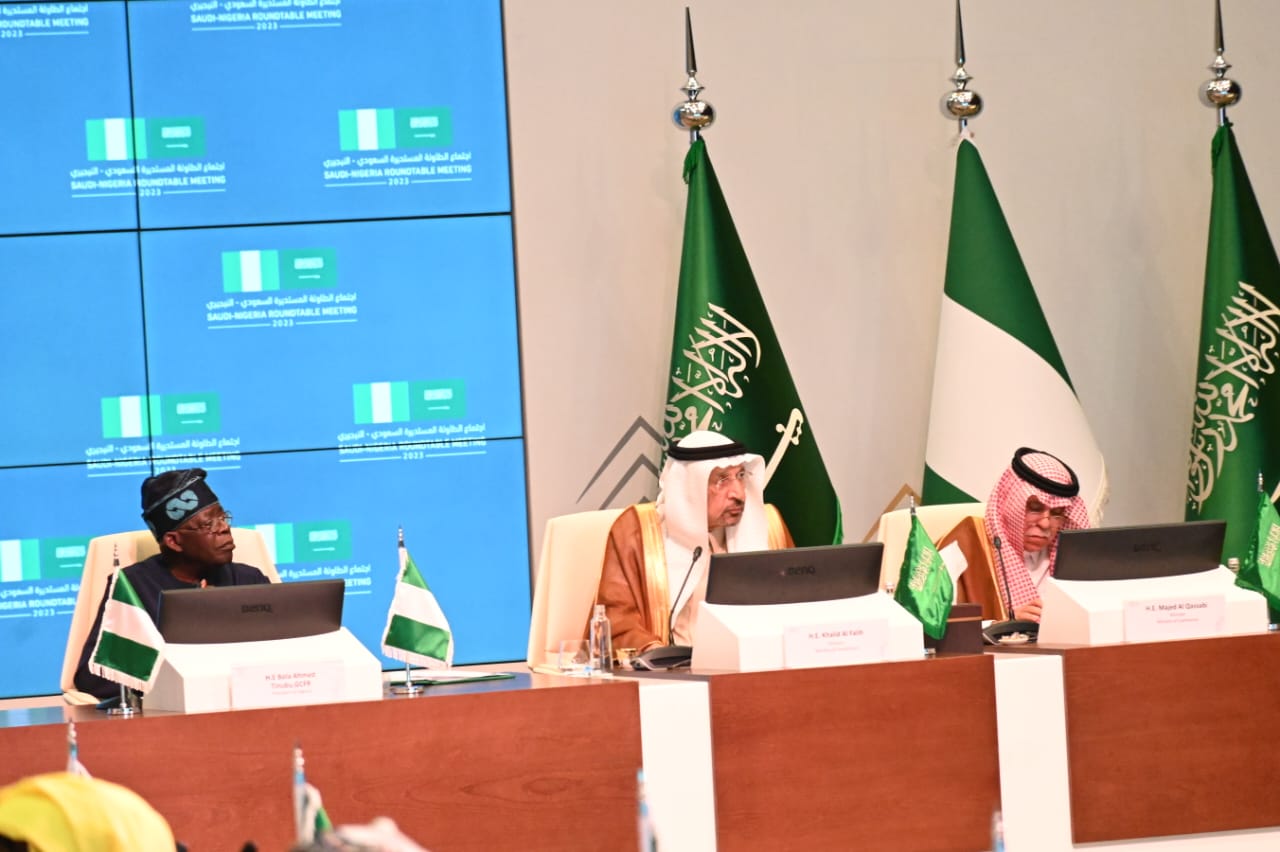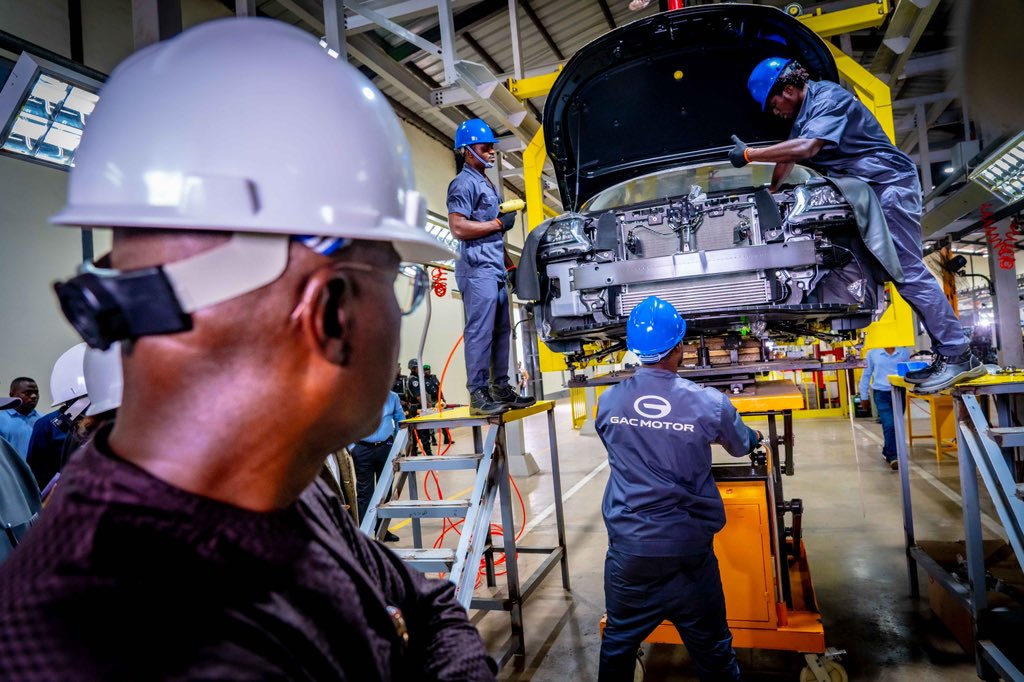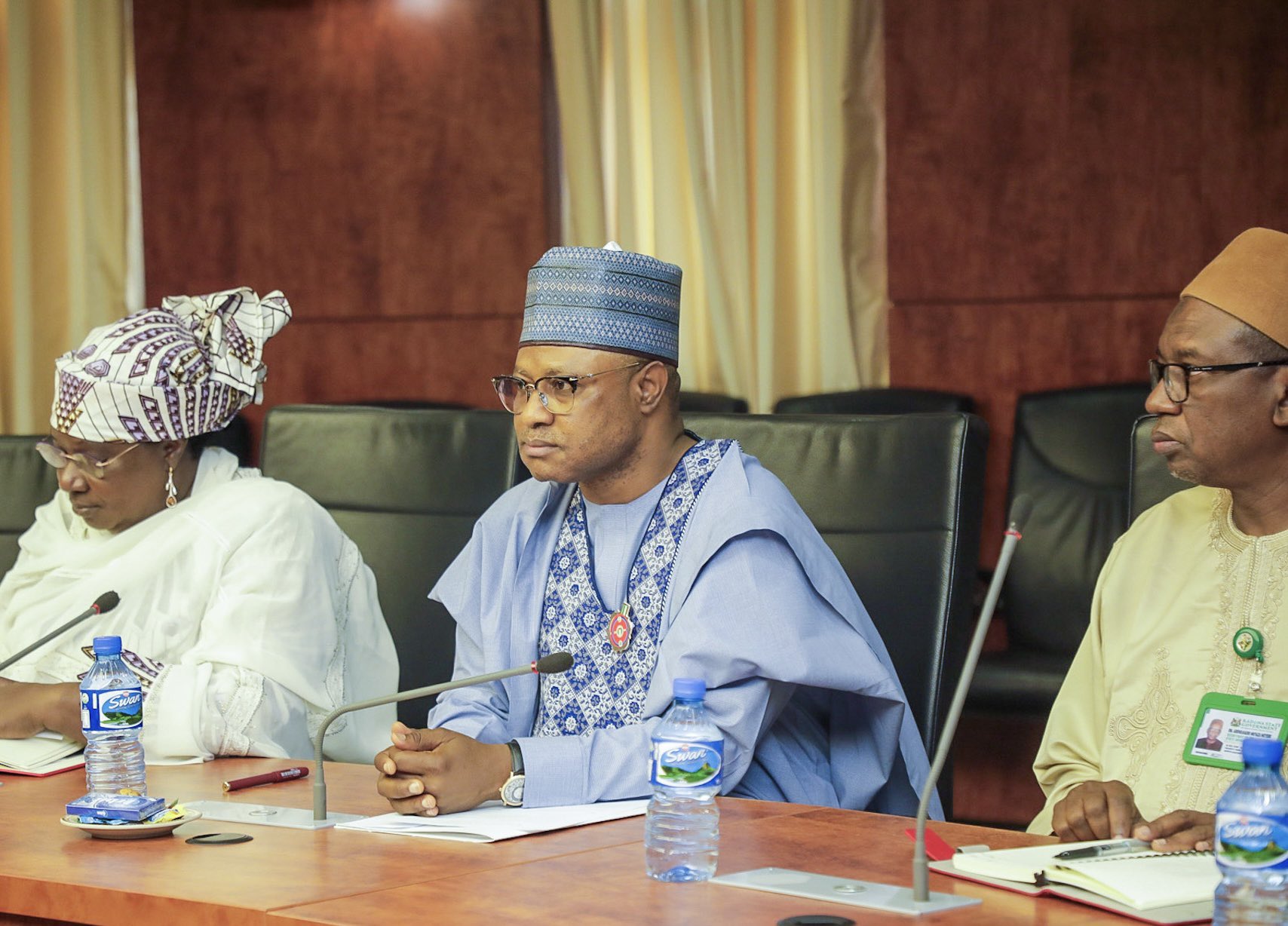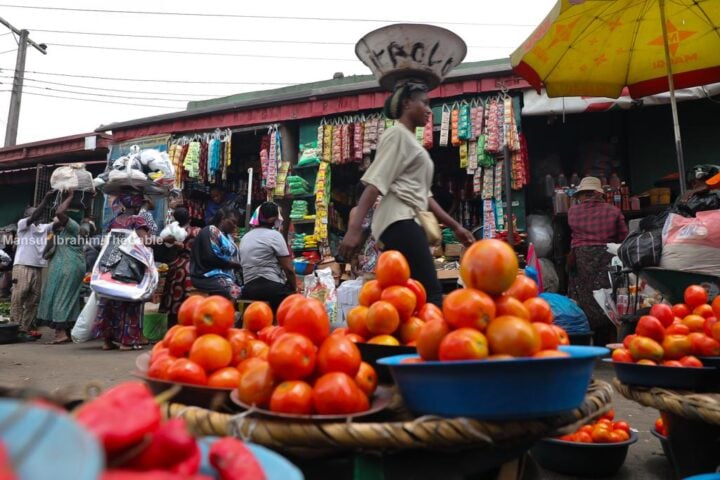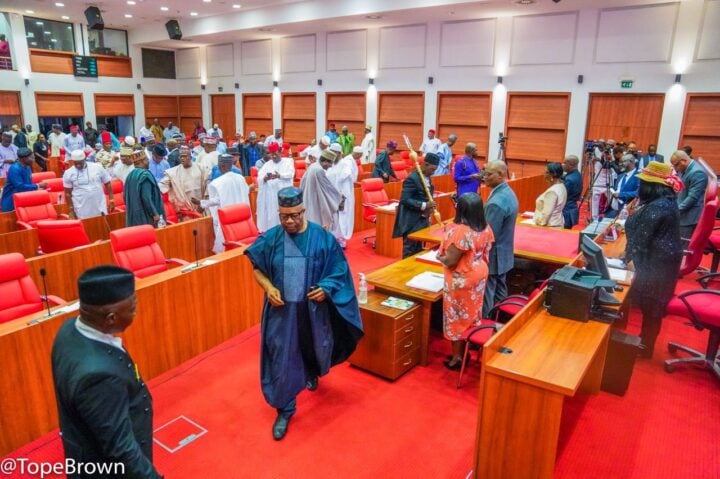If a report emanating from the Saudi-African Summit taking place in Riyadh, Saudi Arabia, that, “Nigeria and Saudi Arabia have an agreement on a series of investments and co-operations in critical sectors of the economy”, is anything to go by, then there is every reason for every right-thinking Nigerian who is desirous of witnessing a rapid transformation of the Nigerian economy, as promised by President Bola Tinubu, to be joyous.
The German news agency, Reuters, reported that “Nigeria and Saudi Arabia on Friday (November 10, 2023) agreed to a series of investment and cooperation deals, including a pledge by the Saudi government to invest in the revamp of Nigeria’s oil refineries, and provide financial support to sustain the government’s foreign-exchange reforms”.
No news could be sweeter than that — the promised investment in revamping the moribund refineries, especially now that Nigerians are battling with an unprecedentedly high fuel pump price in the country. Nigeria has been importing refined Petroleum products for about three decades because the four government-owned refineries are not working. But never had Nigerians been made to pay for petroleum products, at a price dictated by the “free interaction” of the market forces of demand and supply, over which the federal government would have no control. This is so because, President Bola Ahmed Tinubu, during his swearing-in ceremony on May 29, announced that “subsidy is gone”. That signalled the end of an era when petrol would be sold to Nigerians at a price lower than how much it was procured from the international market. The removal of the subsidy on petrol, in late May, upon President Tinubu’s assumption of office, therefore, triggered a dizzying rate of inflation across sectors, as a domino (inflationary) effect.
The policy of zero-subsidy for fuel was also, accompanied by another neoliberal policy of floating the country’s currency — the Naira, against major currencies of the world, like the US Dollars, the British Pound Sterling, and the Euros. These are, in themselves, not bad economic policies, but the fact that the government announced them, without any form of palliative arrangement to cushion the effect on the masses, makes them look more lethal than beneficial. That would be too much for people who have been used to virtually everything being subsidised. No adequate social safety net to ensure a soft landing for the socio-economically vulnerable. The deadly combination of both policies has resulted in galloping inflation in the economy, taking prices of essential commodities, necessary for daily living, beyond the reach of the masses. Prices of goods and services have increased by about 500% since then. The Nigerian Naira is yet to find its feet, relative to the US Dollars, despite the promises of an immediate attainment of an equilibrium. A US Dollar now exchanges for over a thousand Naira. Life has become much harder than it was a year ago, and most Nigerians have become multidimensionally poorer than they were by this time last year, contrary to the expectations of the citizens in line with the “Renewed Hope Agenda”, of President Tinubu.
Advertisement
The President, with his “Renewed Hope Agenda”, despite promising socio-economic relief, for the suffering masses, has continued to preach the need for Nigerians to bear what the protagonists of the administration term as “momentary hardship”. They say it is temporary, in the face of the seemingly unabated rising cost of living in the country. They claim that the policies will soon begin to yield the desired dividends. Furthermore, they told the nation of the need to recalibrate the economy in such a way that it engenders a re-distribution of income to eradicate, or at least, reduce, the socio-economic inequality in the land. And this, they reckon, would take time.
Central to the proposed reform agenda is the need to scale up our local refining capacity; reduce our over-reliance on fossil fuel to power the economy; and the diversification of the country’s economy. That is, changing it from a monocultural economy to that of a polycultural one. These will in turn strengthen the Naira against the major currencies of the world.
But doing these requires collaboration, partnership, and dealings with entities, both local and foreign. We need all the foreign direct investments (FDIs) that the president and his team can attract, to bring in the needed funds, expertise, and technology, in the drive towards achieving those policy objectives. In doing these, contract papers would be signed. Based on our recent experience with P&ID Limited, from which Nigeria just dodged a “nuclear bomb”, not a bullet, every right-thinking Nigerian should be bothered that, as we expect the Saudi Arabian investors; and who represent Nigeria on the negotiation table? An article on that landmark judgment, by the respected columnist-journalist and publisher, Simon Kolawole, titled “Pray, who will love this country?”, published on October 28, 2023, did justice to, how Nigeria was dragged into the contractual mess, through the connivance of quislings, masquerading as civil servants. Those who could kill their parents for a fee, and then, approach the nearest refugee camp for relief materials.
Advertisement
So, as I celebrated the news of the imminent arrival of the Saudi investors, I remembered the piece, and an ocean of worrying questions flooded my mind. Among those questions are: Who would examine those (contract) papers on our behalf to ensure that we would not be shooting ourselves in the foot? Who represents the federal government at the negotiation table to ensure that we do not sleepwalk into another fraudulent obligation of having to pay compensation, running into billions of dollars, as was the case with P&ID? How do we avoid the international embarrassments brought upon us by the tribunal’s judgment that awarded a ridiculous, and an unprecedented compensation against the Federal Government of Nigeria, thus exposing the fact that there is a lack of patriots among the civil servants? There is this saying by our elders in Okun Land, “It is the rodents resident within the kitchen that tell the ones from outside, where fish and other condiments are kept”. Nigerians sell their country for a mesh of porridge by divulging classified government information to foreigners for a fee so that the latter could go ahead and game the system. They expose the underbelly of the federal government, for unscrupulous “foreign investors” to pounce. This does not imply that we can’t find patriotic Nigerians among the civil servants, as the article rightly asserts, but just that they’re very difficult to come by. And where they exist, they are often out-schemed, once identified in the system. They’re never allowed to be part of the team that will represent the government because they won’t “play ball”.
That the president has been able to gain the confidence of willing investors from Saudi Arabia, is a testimony to the fact that he is a go-getter, who knows what he wants to achieve, and how to get them achieved. Nevertheless, he needs in addition to that, a team of trusted, and tested patriots who genuinely want him, and Nigeria to succeed. He needs those who would try as much as possible to get the best obtainable deal for Nigeria whenever the investors come calling, early next year, as they’ve promised.
Abubakar writes from Ilorin, Kwara state. He can be reached via 08051388285 or [email protected].
Advertisement
Views expressed by contributors are strictly personal and not of TheCable.

